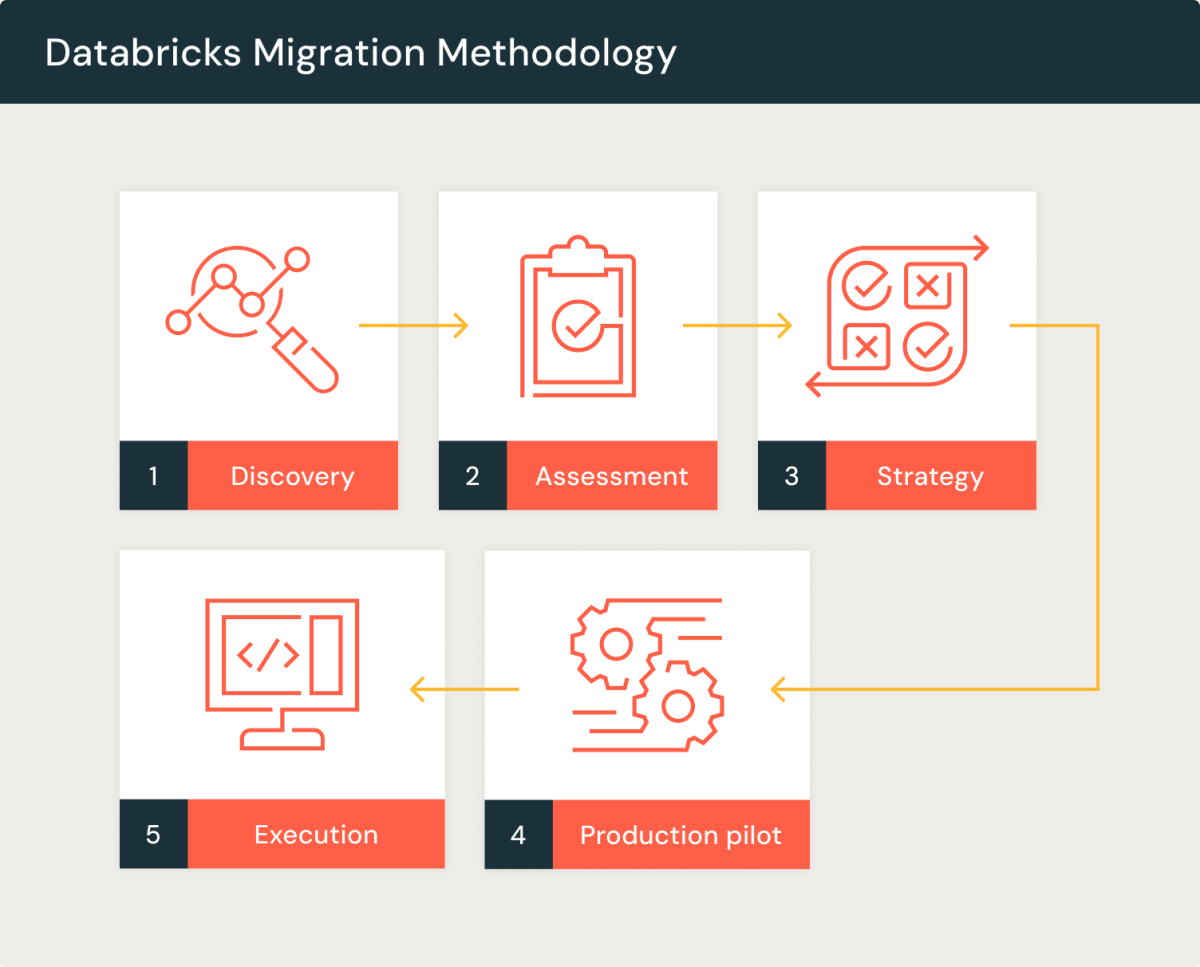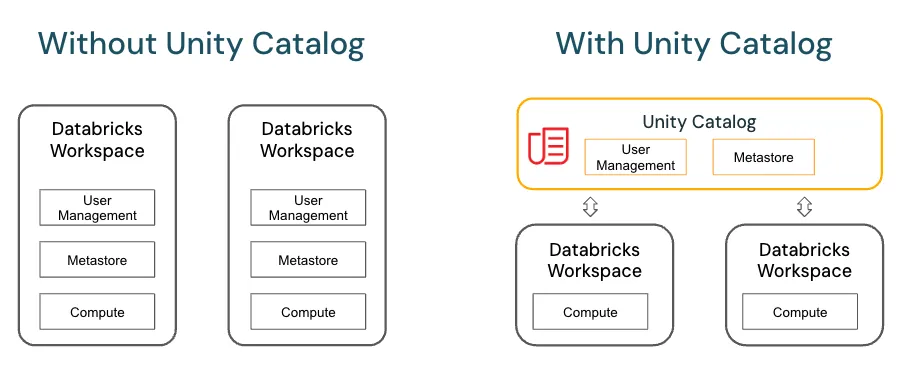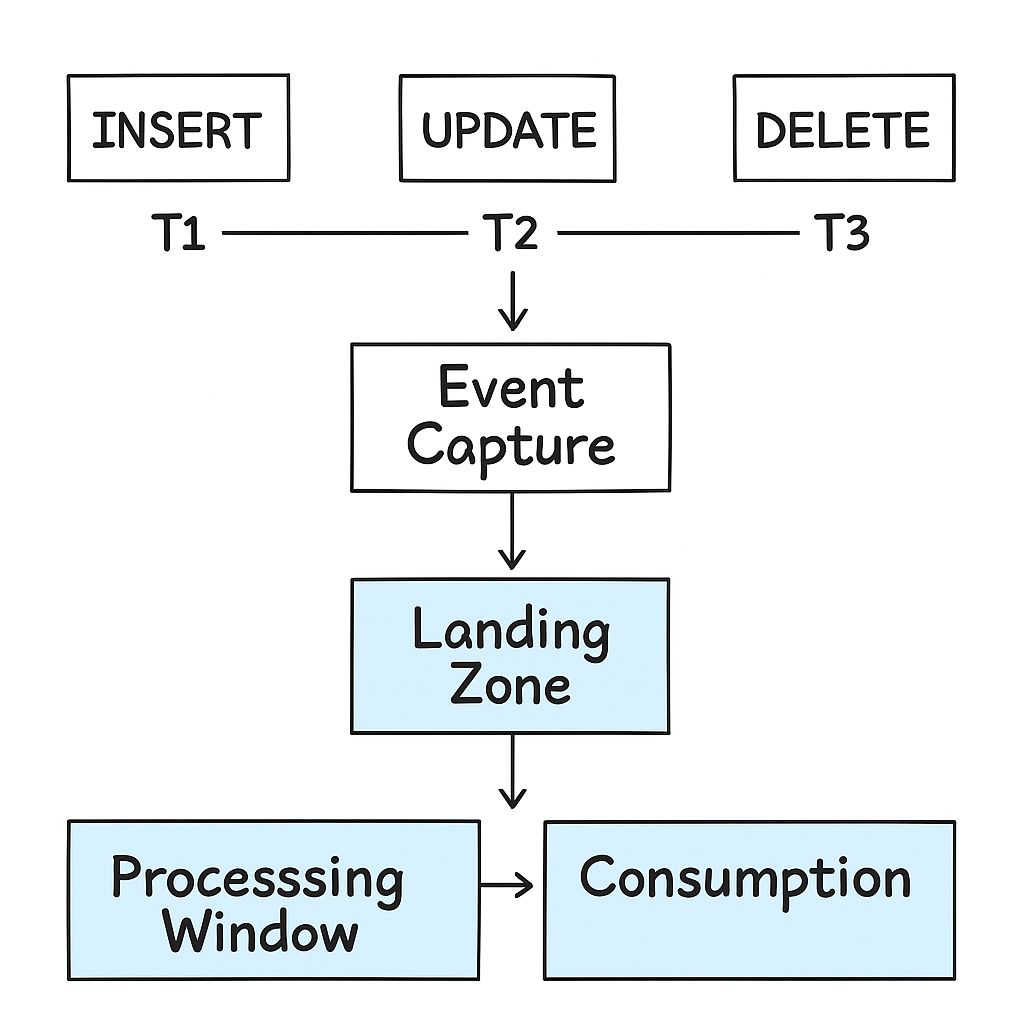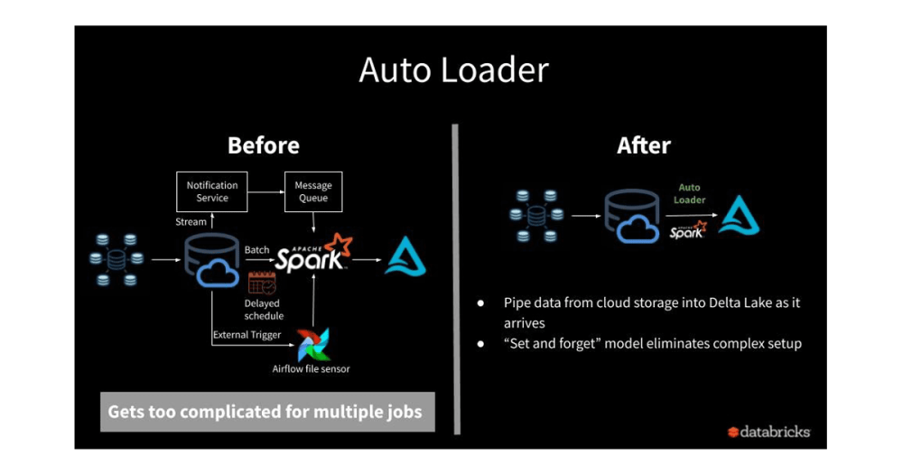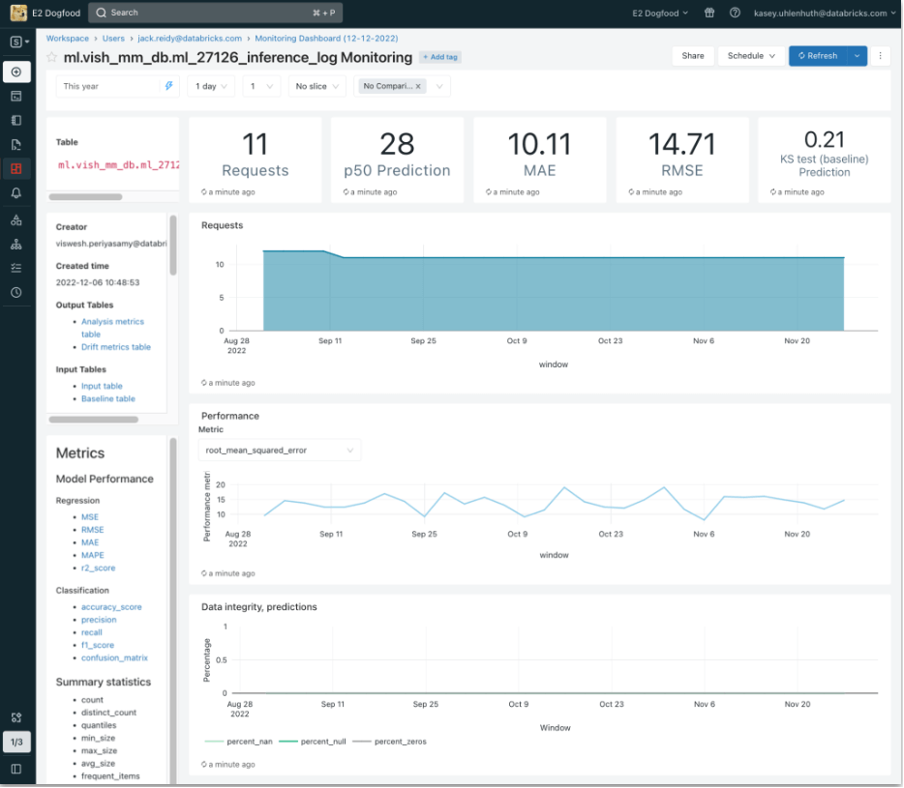
Databricks is a tool that helps companies work with data more efficiently. It is a platform that makes it easier to collect, analyze, and share information from large datasets. Think of it as a powerful tool that helps people who work with data—like analysts, data scientists, and engineers—collaborate and get insights from data faster and more easily.
Databricks works on top of popular cloud services like Amazon Web Services (AWS), Microsoft Azure, and Google Cloud Platform (GCP). This means it can handle a lot of data without needing special hardware, and it can scale up or down as needed depending on how much data you're working with.
Key Features of Databricks
1. One Place for All Your Data Work
Databricks combines different tools needed for working with data into one easy-to-use platform. It allows teams to process data, explore trends, and build machine learning models all in one place. This makes working with data simpler and more organized.
2. Built for the Cloud
Databricks runs in the cloud, which means you don't need to worry about managing servers or infrastructure. The platform automatically adjusts to handle more data or less data as needed. Plus, you only pay for the resources you use, which makes it cost-effective.
3. Collaboration
Databricks makes it easy for teams to work together. People can share notes, code, and results with each other, which speeds up the process of analyzing data. It's like a shared workspace where everyone can contribute and see what's being done.
4. Works with Cloud Data Storage
Databricks connects to cloud storage (like AWS, Azure, or GCP) to get data. Whether the data is stored in a big cloud "warehouse" or in a more flexible data "lake," Databricks can access it and help analyze it.
5. Simplifies Big Data
Handling large amounts of data can be complicated, but Databricks makes it easier by breaking the work into smaller, manageable parts. This way, teams can quickly process and understand big datasets that would otherwise take a long time to handle.
6. Machine Learning Made Easy
For companies that want to predict things like customer behavior or sales trends, Databricks makes it easier to build and test machine learning models. These models help businesses make data-driven decisions.
How Does Databricks Work?
Databricks works on top of cloud services like Amazon Web Services (AWS), Microsoft Azure, and Google Cloud Platform (GCP). It leverages their power to handle large amounts of data without the need for complex setups.
- Access Data in the Cloud: It connects to cloud services where your data is stored (like Amazon S3 or Azure Storage).
- Scale Automatically: If you need more power to process large amounts of data, Databricks can automatically scale up, and if you need less, it scales back down.
- Ensure Security: Since Databricks runs in the cloud, it follows strong security practices to keep your data safe.
In Short
Databricks is a platform that helps people work with large amounts of data more efficiently and collaboratively. Whether you're analyzing trends, creating predictions, or building machine learning models, Databricks makes it easier for teams to work together and get insights from data faster.




